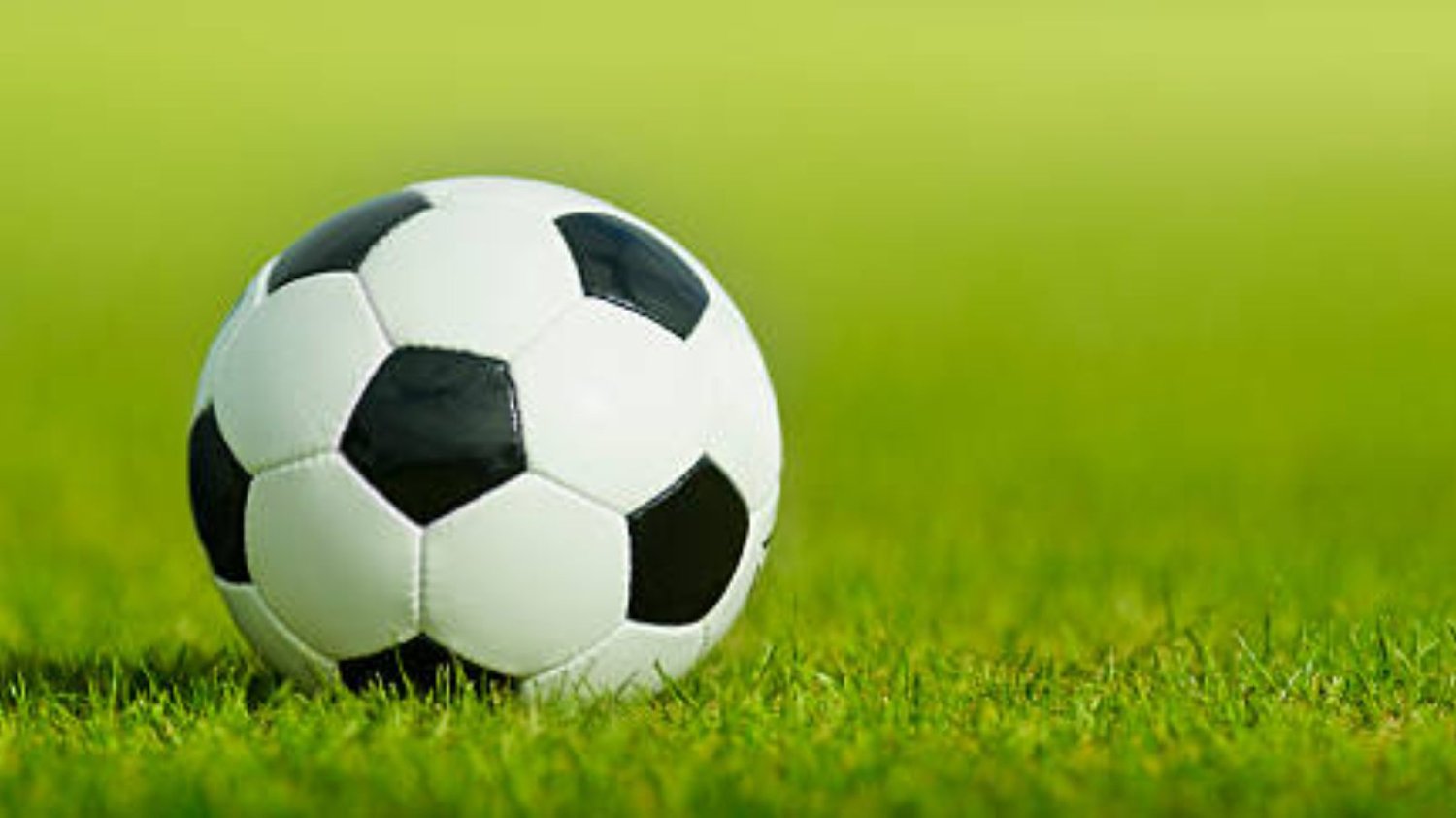Table of Contents

The Evolution of Football Balls: From Pig Bladders to High-Tech Balls
Football, or soccer as it is known in some countries, is one of the most popular sports in the world. The game is played with a ball that has evolved throughout the years. In this article, we will guide you through the different types of football balls that have been used in the sport over the years.
1. The Leather Ball
The leather ball was the first type of ball used in football. It was made from leather and inflated with a pig bladder. However, as football became more popular and more balls were needed, the pig bladder became too expensive to use. In the 1860s, rubber bladders were introduced, making the ball cheaper and more readily available.
2. The Synthetic Ball
In the 1940s, synthetic balls made from materials like vinyl and plastic were introduced. These balls were more durable and waterproof than traditional leather balls, and could be used in different weather conditions. However, they were still heavy and not very responsive, making them difficult to control on the field.
3. The Modern Ball
The modern ball is made of synthetic materials like polyurethane, and is designed to be lightweight, fast, and easy to control. The ball’s surface is covered with textured panels that create turbulence in the air, allowing it to move more predictably through the air. They are also highly customizable, with colors, patterns, and even branding options available to teams and manufacturers.
4. The Match Ball
A match ball is the ball used for official matches. Match balls are FIFA-approved, meaning they meet specific size, weight, and performance standards set by the governing body of football. Manufacturers submit their designs for testing by FIFA, ensuring that only the best balls are used for professional play.
5. The Training Ball
A training ball is similar in design to a match ball but can be used for practice sessions. They are often made of cheaper materials but still meet FIFA standards for size and weight. Training balls are designed to withstand the wear and tear of intensive training sessions and come in different sizes to suit different age groups and skill levels.
6. The Futsal Ball
A futsal ball is a type of ball used for indoor football, also known as futsal. Futsal balls are smaller and heavier than outdoor footballs and have a reduced bounce. This is because the game is played on a hard surface and doesn’t require the same level of speed and distance as outdoor football.
7. The Beach Soccer Ball
A beach soccer ball is a special type of ball designed for games played on sand. They are typically lighter than traditional footballs and have a softer surface to allow for better control on the uneven terrain. Beach soccer balls are also water-resistant, allowing them to be used near the ocean or other bodies of water.
8. The Mini Ball
A mini ball is a smaller version of a traditional football and is typically used for recreational play. They come in different sizes and can be made from a variety of materials, including plastic, rubber, and leather. Mini balls can be used indoors or outdoors and are often used for training or practice games.
9. The Promotional Ball
A promotional ball is a type of football that is used for marketing and advertising purposes. They are often customized with a team’s colors and branding and can be used for giveaways or as a promotional tool for sponsors. Promotional balls are not typically made to meet FIFA standards, but they are still functional for recreational play.
10. The Smart Ball
A smart ball is a high-tech ball that contains sensors that track data like speed, spin, and trajectory. This data can be sent to a smartphone app, allowing players to analyze their performance and improve their skills. Smart balls can be used for training or recreational play, and manufacturers are constantly developing new ways to make them more accurate and informative.
